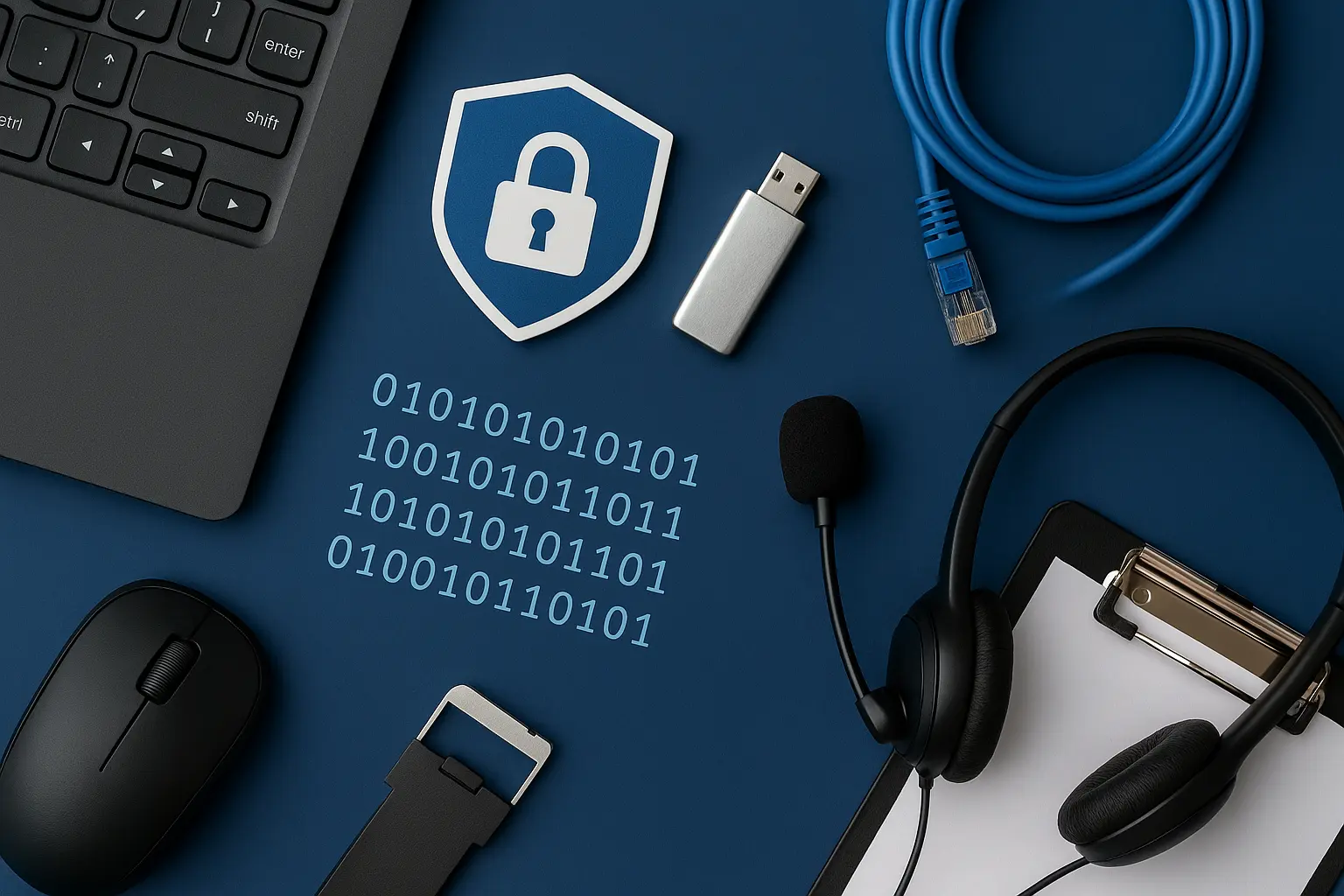Incident Response Certification
In today's digital landscape, where cyber threats are increasingly sophisticated and pervasive, Incident Response (IR) certification has become an essential tool for organizations to protect their critical assets. Incident response refers to the process of detecting, analyzing, containing, eradicating, and recovering from a security breach or malicious event. This certification focuses on equipping professionals with the knowledge and skills needed to manage such incidents effectively.
The importance of IR cannot be overstated in today’s interconnected world. Organizations across sectors—ranging from healthcare to finance—are at risk of cyberattacks. The recent ransomware attacks, data breaches, and other forms of malicious activity underscore the need for robust incident response strategies. This certification is aimed at individuals who are responsible for ensuring that organizations can swiftly respond to incidents without causing further damage.
According to ISO/IEC 27035-1:2016, Incident Response Management is a critical component of an organization’s overall information security management system (ISMS). By obtaining this certification, professionals demonstrate their ability to implement and manage effective incident response processes. This includes understanding the lifecycle stages—preparation, identification, containment, eradication, recovery, and lessons learned—and applying them in real-world scenarios.
The IR certification prepares individuals for roles such as Incident Response Manager or Analyst within an organization. It ensures that these professionals are not only knowledgeable but also capable of leading teams through complex security incidents. The curriculum covers a range of topics including threat intelligence gathering, risk assessment techniques, and post-incident analysis methods. By mastering these areas, certified professionals can contribute significantly to their organization's cybersecurity resilience.
Moreover, IR certification aligns with broader cybersecurity frameworks like NIST (National Institute of Standards and Technology) and ISO/IEC 27035, which provide guidelines for organizations to develop comprehensive incident response plans. These frameworks emphasize the importance of continuous improvement and adaptation in response to evolving cyber threats. Certified professionals play a pivotal role in ensuring that their organizations are prepared to meet these challenges head-on.
Organizations seeking to enhance their cybersecurity posture should consider investing in IR certification programs for key personnel involved in incident management. This investment not only bolsters internal capabilities but also demonstrates commitment to protecting sensitive data and assets from potential breaches. The long-term benefits include reduced risk exposure, improved operational efficiency, and enhanced reputation among stakeholders.
Benefits
- Enhanced Cybersecurity Skills: Candidates gain a comprehensive understanding of incident response processes, enabling them to handle crises more effectively.
- Career Advancement: Certification opens up opportunities for career progression and leadership positions in cybersecurity teams.
- Improved Reputation: Employers value certified professionals who can contribute to organizational resilience against cyber threats.
- Compliance with Standards: IR certification ensures alignment with international standards such as ISO/IEC 27035-1, enhancing compliance efforts.
Industry Applications
- Financial Institutions: Banks and other financial organizations use IR professionals to protect against cyberattacks that could compromise customer data or systems.
- Healthcare Providers: Hospitals employ IR experts to safeguard patient information and ensure business continuity during security incidents.
- Tech Companies: Technology firms rely on incident responders to mitigate risks associated with product vulnerabilities and unauthorized access.
- Government Agencies: Public sector bodies use certified professionals to protect national infrastructure from cyber threats.
Eurolab Advantages
Eurolab offers a robust Incident Response Certification program that caters specifically to the needs of professionals in various sectors. Our certification ensures that individuals are well-prepared to handle real-world cyber incidents through rigorous training and assessment.
- Comprehensive Curriculum: Eurolab’s curriculum covers all aspects of incident response, from initial detection to final recovery.
- Expert Instructors: Our instructors are experienced professionals with hands-on experience in cybersecurity and incident management.
- Certified by International Standards: Eurolab ensures that its certification aligns with the latest international standards like ISO/IEC 27035-1.
- Continuous Support: Post-certification, Eurolab provides resources and networking opportunities to help professionals stay updated on evolving trends in cybersecurity.
Eurolab’s commitment to excellence extends beyond just providing certifications. We work closely with our clients to understand their unique requirements and tailor our programs accordingly. This ensures that participants receive the most relevant education possible, preparing them not only for certification but also for practical application in their respective fields.





